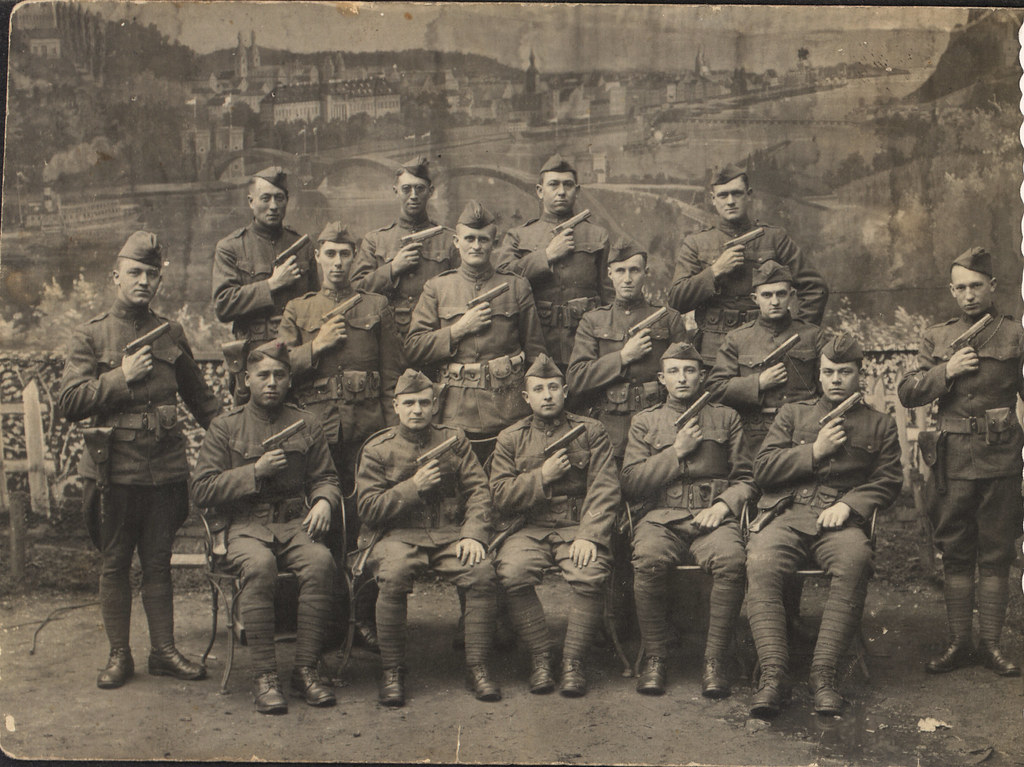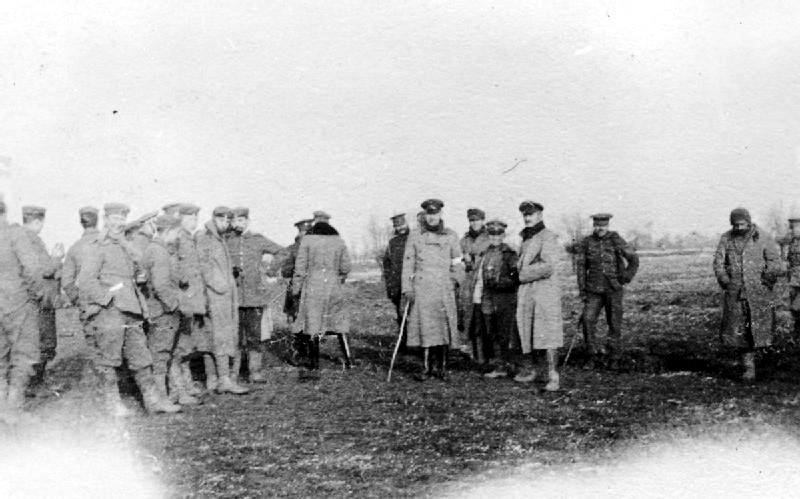13.4 A Word About War
“War. War never changes.” This opening line for the Fallout game series is not completely true. New technologies, new strategies, and new goals are continuously shaping how humans engage in warfare.
However, there is one thing that truly never changes about war.
Humans are the only species who do it.
Sure, other species argue, fight, become territorial. They make scary displays, throw things, and may even become physically violent. But violence, with its cooperation against the outsiders, and its alliances is not the same thing as war. War is different.
No other species will cooperate on a large scale, with others they do not know or cannot see, against an abstract enemy, and led by individuals they may never meet. Chimpanzees do not have a president or prime minister, sitting in a large, secured home, making decisions about what the individuals at the border will or will not do. They do not cooperate across large spaces using communication systems that allow them to perform pincer moves on the field or connect to satellites so they can attack an enemy they cannot even see.
Only humans do that.
This is a paradox to evolutionary biologists and anthropologists. How can we be so cooperative and loving that we will engage in the care of offspring not our own; yet, we can be so violent, aggressive, and dangerous to complete strangers?
Evolutionary anthropologist Sarah Mathew from Arizona State University works with the Turkana of Kenya to answer these questions. The Turkana are known for being incredibly cooperative with their social group. However, that prosocial behavior underlies coordination of lethal, interethnic raids of nearby groups. In her article, “The Paradox of Human Warfare Explained,” she explains that “what is truly shocking about human warfare is that large numbers of reproductively capable, unrelated, and unfamiliar individuals die in combat for benefits that are widely shared.” No other animal risks their own reproductive success, their life, for the benefits of complete strangers.

The Christmas Truce of 1914
Despite our penchant for warfare, when brought face-to-face with the people we are told to define as “other,” human capacity for cooperation can still prevail. In 1914, five months into World War I, something incredible happened – The Christmas Truce of 1914.
As a lull in the fighting settled onto the battlefield, French, German, and British solders put down their arms and crossed into “no man’s land.” They shared drinks, food, and stories. Despite language barriers and expectations to define each other as “out-group,” these men spent Christmas Eve and Day burying their dead together. They swapped prisoners and sang together. For a brief moment in time, our peaceful side won out against the violence.
Our ability to learn, to grow, to redefine who is “us” is one of our greatest evolutionary traits. And given the chance, we can find our way to good – to our inner bonobo.


